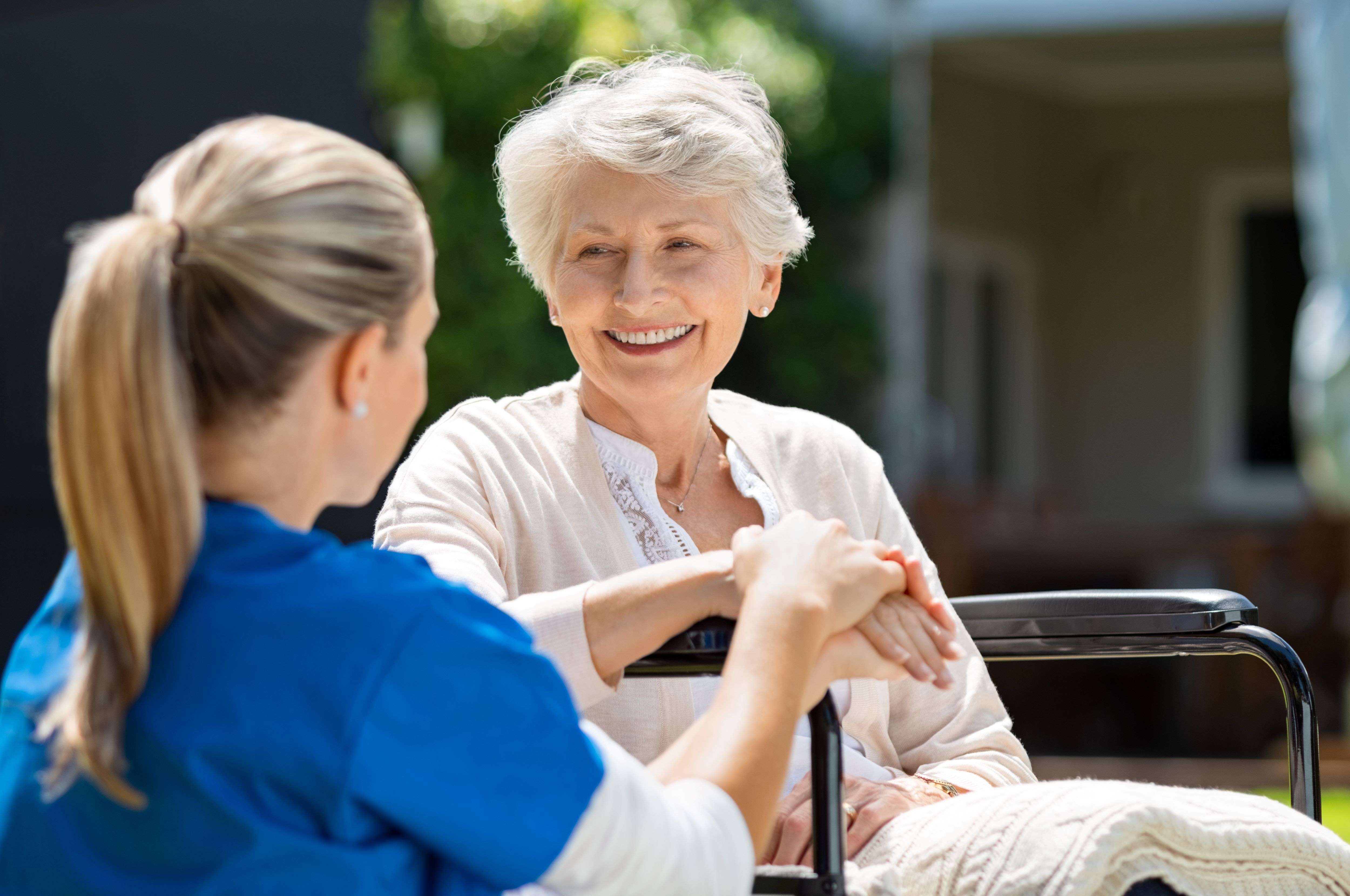
Managing Seasonal Affective Disorder (SAD) in Older Adults
Seasonal Affective Disorder (SAD) is a form of depression that occurs during specific seasons, typically in the fall and winter when sunlight is limited. For older adults, the combination of shorter days, colder weather, and increased isolation can exacerbate symptoms. Understanding SAD and its impact on seniors is vital for promoting their mental health and overall well-being. This blog explores the symptoms of SAD, effective treatments like light therapy, and the role of home care in Bucks County in providing support for those living in colder states like Pennsylvania.
Recognizing Symptoms of SAD in Older Adults
SAD often presents with symptoms similar to general depression but with a seasonal pattern. For older adults, these symptoms may include:
- Persistent sadness or low mood: Feelings of hopelessness or lack of joy.
- Fatigue or low energy levels: Difficulty staying awake or feeling constantly tired.
- Changes in sleep patterns: Oversleeping or struggling with insomnia.
- Appetite changes: Cravings for carbohydrates and resulting weight gain.
- Loss of interest: Reduced participation in hobbies, family interactions, or social activities.
- Difficulty concentrating: Trouble focusing on tasks or remembering things.
These symptoms can sometimes be mistaken for normal aging or other health conditions, making early identification crucial. In-home caregivers in areas like Bucks County and Philadelphia can help monitor for these signs and address them promptly.
Causes of Seasonal Affective Disorder (SAD) in Seniors
The exact cause of SAD isn’t fully understood, but several factors contribute to its development:
- Reduced Sunlight: Less exposure to natural light disrupts the body’s internal clock (circadian rhythm), leading to feelings of depression.
- Serotonin Levels: Reduced sunlight can lower serotonin, a neurotransmitter that affects mood.
- Melatonin Production: Longer nights and shorter days can alter melatonin levels, impacting sleep and mood regulation.
Treatment Options for SAD in Older Adults
Managing SAD requires a multifaceted approach. Here are some effective treatments:
1. Light Therapy
Light therapy is one of the most common and effective treatments for SAD. Using a specially designed lightbox, seniors can receive exposure to bright light that mimics natural sunlight. This therapy can help regulate circadian rhythms, boost serotonin levels, and improve mood.
Caregivers can assist by ensuring the senior uses the lightbox daily for the recommended duration, typically in the morning.
2. Physical Activity
Regular exercise can significantly improve mood and energy levels. Even light activities like walking or chair exercises can release endorphins and combat depressive symptoms. Elderly home care services can include gentle physical activities as part of daily routines.
3. Therapy and Counseling
Cognitive-behavioral therapy (CBT) is effective for managing Seasonal Affective Disorder (SAD). Therapists help seniors identify negative thought patterns and develop strategies to cope. In Bensalem, PA, home caregivers can coordinate transportation to therapy appointments or arrange virtual counseling sessions.
4. Medication
In some cases, antidepressants may be prescribed to manage severe symptoms. Caregivers play a vital role in ensuring medication adherence and monitoring for potential side effects.
5. Social Engagement
Isolation can worsen SAD symptoms. Encouraging social interaction through family visits, community events, or virtual meetups can help improve mood. In-home caregivers often facilitate these connections, ensuring seniors remain socially active.
The Role of Caregivers in Managing Seasonal Affective Disorder (SAD)
For seniors experiencing SAD, caregivers provide essential support. Here’s how:
1. Daily Monitoring
Caregivers observe mood, energy levels, and behavioral changes, ensuring early intervention if symptoms worsen.
2. Creating Routines
Establishing consistent daily routines can help seniors feel more grounded. Caregivers encourage activities that promote wellness, such as regular meals, light exposure, and physical movement.
3. Encouraging Outdoor Time
Even during the colder months, brief periods of outdoor exposure can benefit mental health. Caregivers can bundle seniors up and accompany them on short walks or outings, especially in Philadelphia, PA parks or community areas.
4. Nutritional Support
Proper nutrition plays a role in managing SAD. Caregivers prepare balanced meals rich in vitamins and nutrients that support mood regulation, such as omega-3 fatty acids and vitamin D.
5. Emotional Support
Companionship is key for seniors battling SAD. Caregivers provide emotional support, engage in meaningful conversations, and encourage hobbies to reduce feelings of loneliness.
How Home Care Services in Pennsylvania Can Help
For families in Lower Bucks County, Pennsylvania, and Bensalem, PA, professional home care services offer tailored solutions for managing SAD in seniors. These services include:
- In-home caregiver support: Providing companionship, assistance with light therapy, and ensuring seniors stay active and engaged.
- Elder caregivers: Specially trained to address the unique needs of older adults, including mental health challenges like SAD.
- Flexible care plans: Whether it’s part-time care or 24-hour home care, home care agencies adapt to the senior’s needs.
- Transportation assistance: Helping seniors attend therapy sessions, medical appointments, or community events.
With professional elderly in-home care, seniors can receive personalized attention and support, ensuring their emotional and physical well-being during the winter months.
Supporting Seniors with Dementia and SAD
Seniors with dementia are particularly vulnerable to SAD. Symptoms of depression can overlap with cognitive decline, making it essential to address both conditions. At-home dementia care providers specialize in creating comforting environments that incorporate light therapy, routine building, and emotional reassurance.
Conclusion: Caring for Seniors During Winter
Seasonal Affective Disorder is a serious but manageable condition that affects many older adults. By recognizing the symptoms early and implementing effective treatments, seniors can maintain their mental health and quality of life during the colder months. Professional caregivers in Pennsylvania play a critical role in supporting seniors, offering both practical assistance and compassionate care.
If you or your loved one needs support during the winter months, consider reaching out to local home caregivers or elder caregivers to create a tailored care plan. With the right approach, seniors can navigate the challenges of SAD and enjoy a brighter, healthier winter season.
